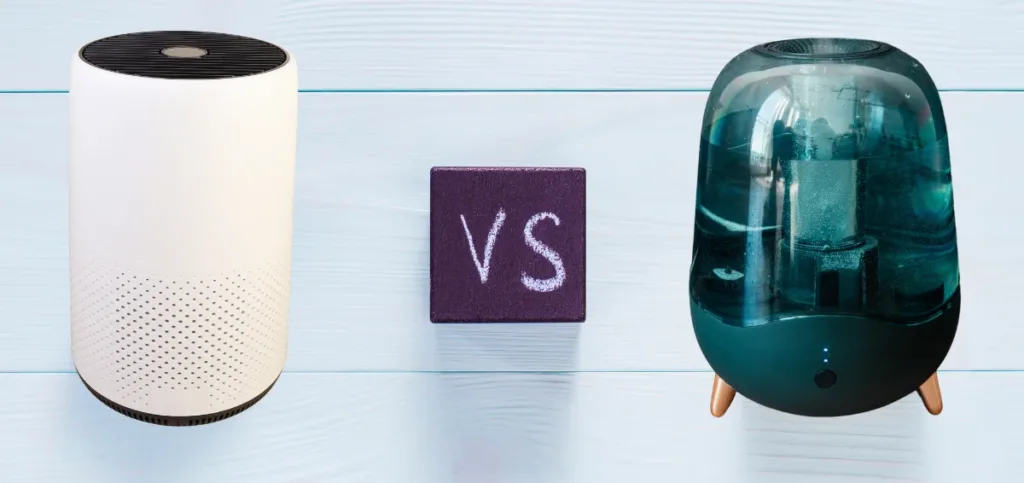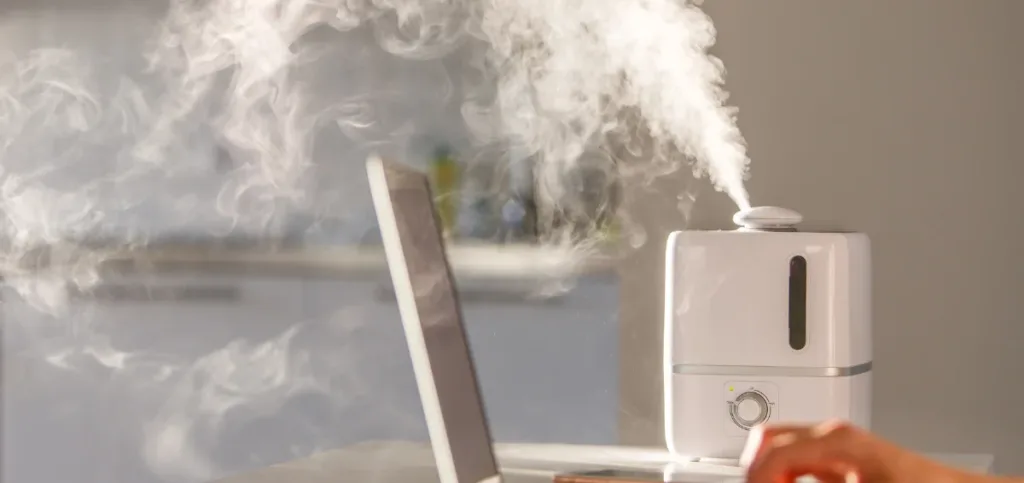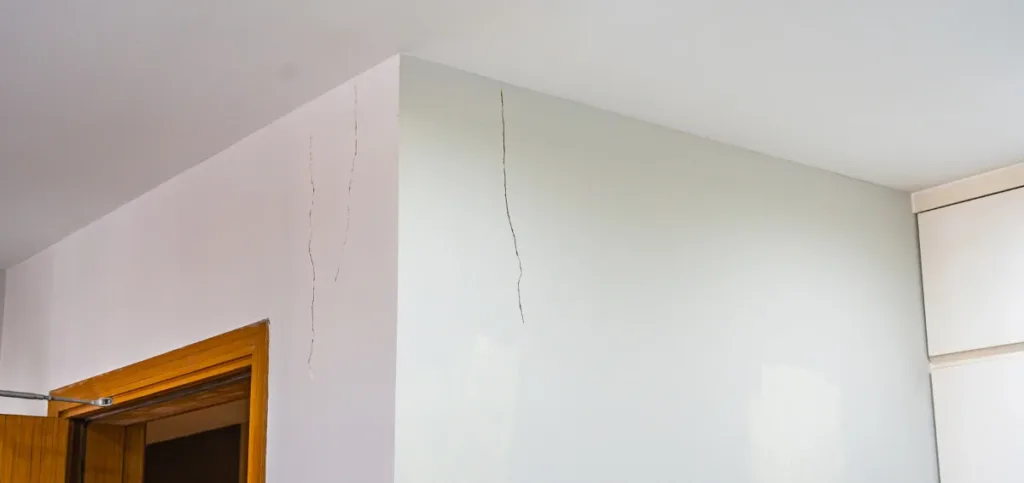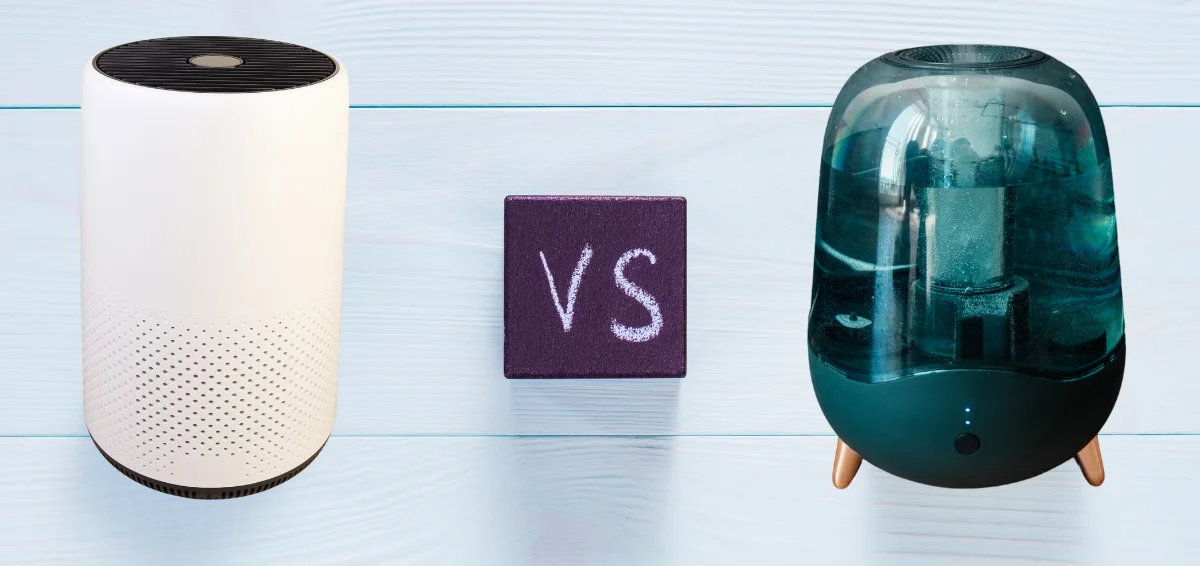
Over the past 10 years, air quality has consistently deteriorated. This has led many people to invest in devices like air purifiers vs humidifiers. Both of them have a similar aim: to improve the quality of indoor air. These devices are common in homes and workplaces. However, an air purifier works in a very different way from a humidifier. Both these devices are better suited for certain types of places and needs. If you are thinking of investing in one of them, knowing the differences between them will help you make an informed decision.
Read Also: Leg Press vs. Hack Squat
What Is an Air Purifier and What Does It Do?

Air purifiers are portable devices that filter air in one room. These devices filter allergens and pollutants. An air purifier pulls in the indoor air and makes it pass through a filter. This filter does the job of improving the air quality by collecting pollutants. It then circulates back clean air to the room. Some pollutants like carbon monoxide, pet dander, pesticides, and asbestos can be extremely harmful to individuals. Using an air purifier is useful in such cases as it filters these pollutants. An air purifier simply cleans the air. It does not add moisture to it. When it comes to filtering the air, air purifiers can use either HEPA filters or UV filters. Out of them HEPA purifiers with HEPA filters are considered more effective as they can filter extremely small particles, up to 0.3 microns.
What Is a Humidifier and What Does It Do?

Humidifiers add moisture to the indoor air. These devices hold water, which is emitted into the air in the form of steam or vapor. Thus, they prevent dryness, which can be a source of irritation to many individuals. People who deal with dry skin, throat, lips, and nose can benefit from a humidifier. This device is particularly useful during the cold when the air becomes dryer than usual. During the summer, the use of an air conditioner can make the air dry. A humidifier can help resolve the problem by adding moisture to the air. The ideal humidity levels are between 30% to 50%. This much humidity keeps the inhabitants comfortable. At the same time, it also cleans the environment and keeps it free from organisms like mold, and mildew. Most humidifiers today are portable devices that can be carried around and used in any room.
Signs That You Need an Air Purifier
Air purifiers reduce pollutants and also relieve allergy symptoms. Here are three signs that indicate the need for an air purifier.
1. You Frequently Experience Allergy Symptoms

Do you regularly experience headaches, itchiness in the eyes, or a runny nose? All of them stem from the presence of airborne allergens in your house. If your symptoms worsen or trigger asthma, it indicates the presence of allergy triggers like pet dander, dust, and pollen. These households can benefit from an air purifier with HEPA filtration systems, as they can effectively capture all these pollutants, relieving your symptoms as you breathe in better-quality air.
2. There’s a lot of Dust in Your Home

Do you regularly notice the surfaces of your home covered in dust? This can be caused by indoor air pollution, whose particles settle down on the surfaces. They then worsen the air quality. An air purifier traps and eliminates these particles, so you can slack a little on your constantly dusting your home.
3. Your Home Does Not Smell Fresh

Every household has an odor. But it becomes a problem when the odor doesn’t smell pleasant. A bad odor comes when bad-smelling chemicals are emitted into the air. An air purifier captures gases with bad odors. Those with carbon filters are especially effective at this job. Thus, an air purifier keeps your home smells nice and fresh.
Read Also: Brainspotting vs EMDR
Signs That You Need a Humidifier
The need for a humidifier is usually felt the most during the dry winter months. At such times, the humidity levels fall below the 40% to 50% range. Here are three common indicators that point to the need for a humidifier.
1. You Frequently Deal With Dry Skin and Lips

Do you find yourself constantly rubbing lotion on your skin and balm on your lips? Maybe your eczema flares up often? Your skin may also feel itchy than usual. A humidifier is the ideal solution to this problem. It brings back moisture into the air, helping you get relief from dry and itchy skin.
2. You Experience Chronic Cough and Allergy Symptoms

When the air in your room is dry, the dryness eventually penetrates inside your body. This has negative consequences, such as chronic cough, allergy symptoms, and even nosebleeds. Asthmatic people will find their condition deteriorating as the dry air irritates their bodies. For these individuals, using a humidifier becomes necessary. It helps soothe the dry skin and relieve the symptoms.
3. There Are Cracks in the Structural Components of Your House

Do you notice cracks in your furniture and flooring? This occurs when these components are completely devoid of moisture. It causes them to crack, wrinkle, and weaken. Installing a whole-house humidifier is the best way to deal with this problem. It adds the right amount of moisture into the air. Thus, it keeps the structures intact.
Can You Use an Air Purifier and Humidifier Together?
As you can make out by now, an air purifier removes allergens and pollutants from the air. On the other hand, a humidifier adds moisture to dry air. Considering their different functions, using them together can benefit only when done properly. It is essential not to keep both devices in close proximity. Doing so can reduce their effectiveness. The filters of an air purifier need to be kept away from moisture to perform their job effectively. If a humidifier is kept too close to it, the moisture from the device can limit the functioning of the filters. Also, care needs to be taken to follow the individual guidelines for maintaining and looking after both devices. Following these steps, you can benefit from the functions of an air purifier vs a humidifier.
Summing Up
Air purifiers vs humidifiers help create a healthy air environment in homes and workplaces. Hopefully, you are now aware of how they are different from each other. Use this information to make the right decision when investing in a particular device for your home or office setting.










